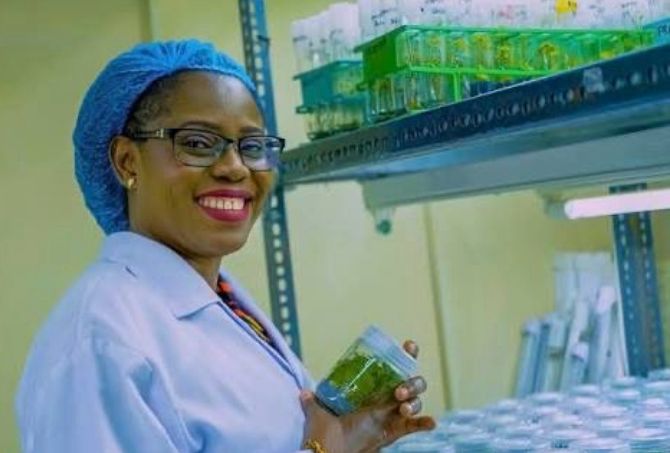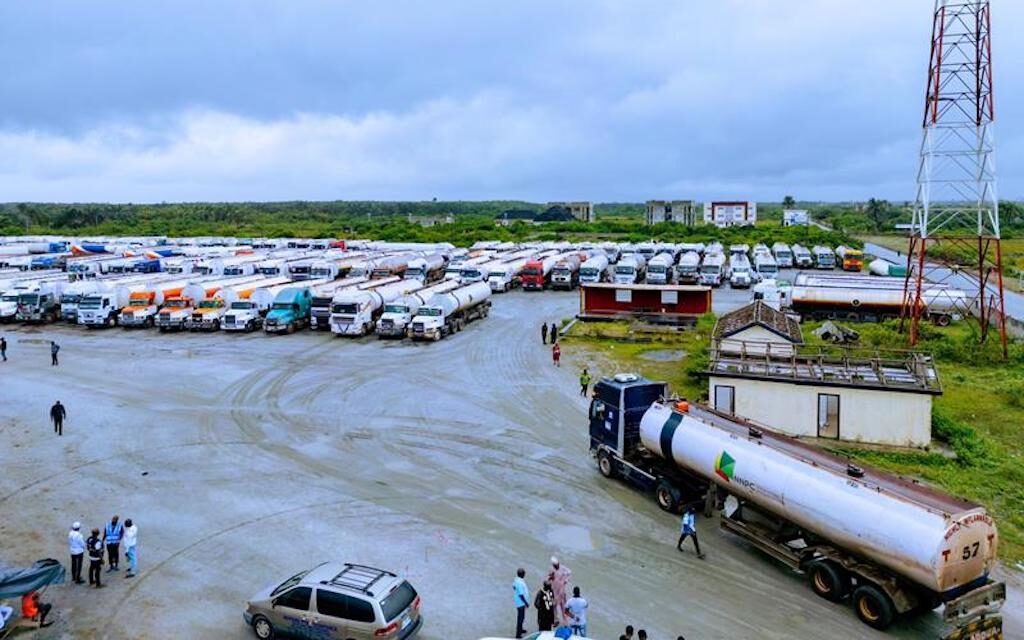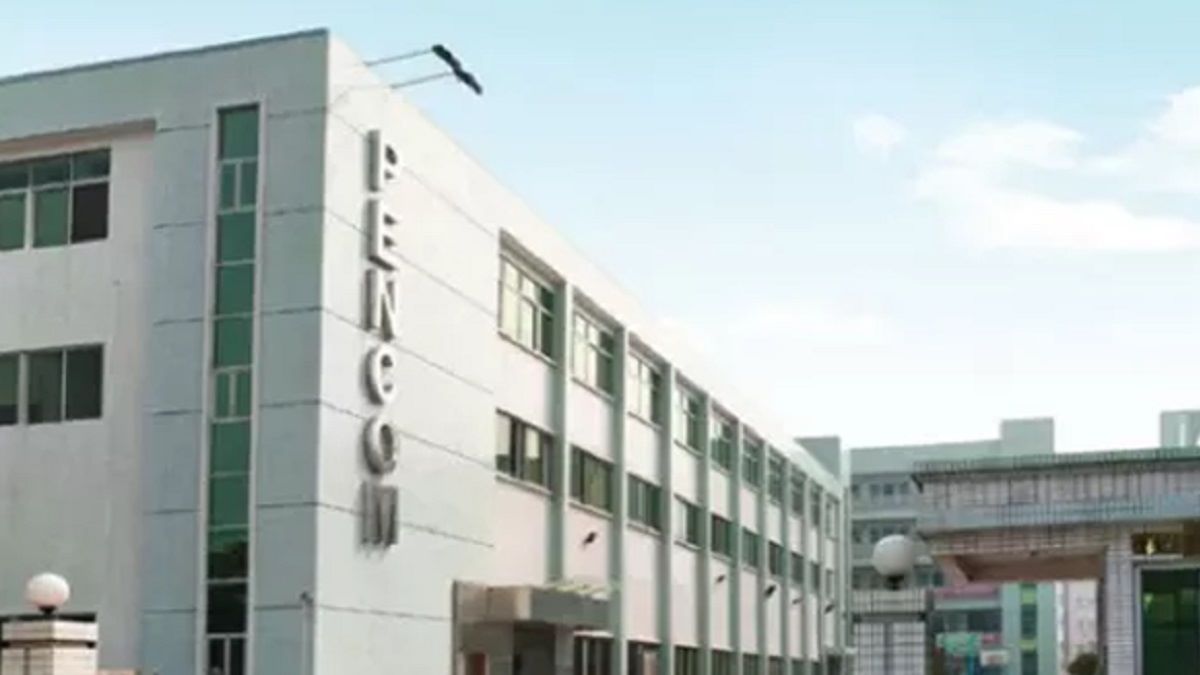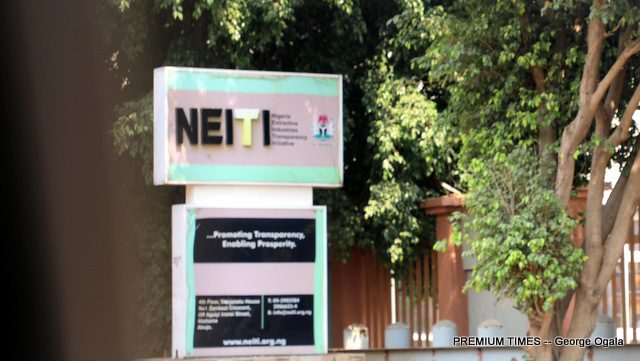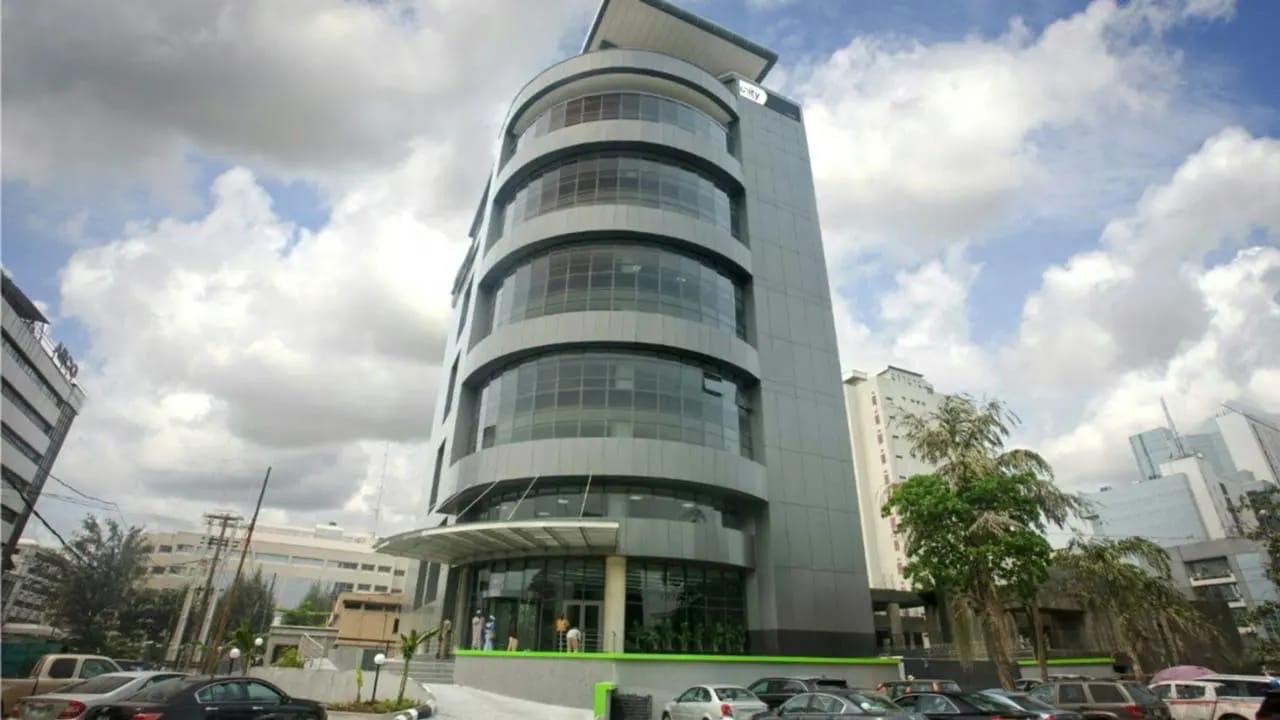John Shiklam in Kaduna
The Kaduna State government plans to graduate 32,000 youths annually through its newly established Institute of Vocational Training and Skills Development.
The Institute, which was inaugurated by President Bola Ahmed Tinubu in June, 2025, has campuses in Rigachikun in Kaduna Central senatorial district, Soba in Kaduna North Senatorial District and Samaru Kataf, in Kaduna South Senatorial District.
The Commissioner for Information, Ahmed Maiyaki, stated this in an interview with journalists on Friday in Kaduna.
Maiyaki said the initiative is central to the state government’s strategy on youth empowerment.
He said each of the campuses is equipped with modern facilities for hands-on globally relevant training.
According to him, 14 trades have been accredited by the National Board for Technical Education (NBTE).
“They include Painting and Decoration, Masonry, Tiling, Plumbing, Carpentry, Welding, Electrical Installation, Aluminium Fabrication, Refrigeration and Air Conditioning, Solar Installation, Mechatronics, Computer Hardware Repairs, Catering and Hospitality, and Fashion Design,” he said.
Maiyaki said the training follows the Nigeria Skills Qualification Framework (NSQF).
He added that the programmes are 80 per cent practical, delivered in workshops, and real-life work settings. He added that enrolment is year-round, with both morning and afternoon shifts.
According to him, “Learners can take short courses of three months, earning NSQ Unit or Institute Competence Certificates.”
He added that longer programmes, lasting six to twelve months, lead to full NSQ qualifications at Levels 2–4.
“This Institute is a bold step of Kaduna state government’s commitment to skills acquisition, youth empowerment, and economic growth,” he said.
He said further that the trade areas were carefully chosen to address labour gaps in construction, energy, ICT, hospitality, and the creative sector.
“We are confident that graduates of this Institute will not only find employment but also become self-employed and create opportunities for others,” the commissioner said.
The Provost of the Institute, Malam Husaini Muhammad, highlighted the value of the training.
He said, “Our focus is on producing graduates who are workplace-ready.
“With 80 per cent of training being practical, our learners gain real-life competencies in their chosen trades. These skills are not only relevant to Nigeria’s economy but also competitive on the global stage.”
He urged citizens, especially women, persons with disabilities, and vulnerable youths to apply for the training.
According to Mohammad, the institute uses a blended teaching model.
“It brings together instructors, master craftspersons, and retired professionals with decades of industry experience.
“It is fully accredited by NBTE and part of the Federal Government’s TVET Initiative. The first cohort includes about 2,000 learners.
“Kaduna State has ensured inclusive access. Women, persons with disabilities (PWDs), and vulnerable groups, including Almajiris, are encouraged to enrol.
“The first training phase will produce 16,000 graduates. The state aims to reach 32,000 per year going forward.”

